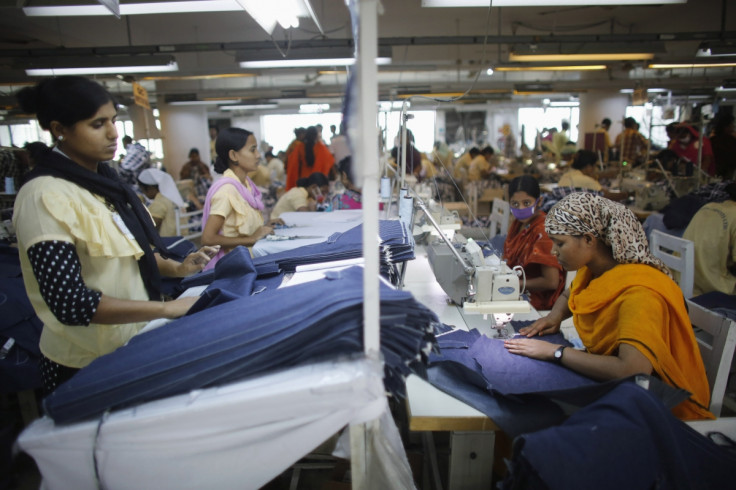Audit at Garment Factories in Bangladesh Finds Over 80,000 Safety Hazards

Audit at garment factories in Bangladesh have identified more than 80,000 safety issues, indicating the mammoth task the international groups have to undertake in the country to improve working conditions.
The Accord on Fire and Building Safety, a legally binding agreement between more than 180 global clothing companies and Bangladeshi trade unions, was formed after more than 1,100 people died in the Rana Plaza disaster in April 2013.
Since its formation, the Accord has been working to improve labour conditions in the country in order to ensure the catastrophe is not repeated. It comprises primarily of European companies.
Initial inspections of the Accord that covered more than 1,100 factories found safety hazards, ranging from minor to significant, in all factories.
Over 400 corrective action plans (CAP) have been finalised by the factories and company signatories. They include reducing weight loads, adhering to load management plans, installing fire doors and automated fire alarm systems, establishing fire protected exits from factory buildings, and strengthening of columns in the buildings.
"We have found safety hazards in all factories, which was to be expected. The safety findings have ranged from minor to significant. The Accord team is now working intensively with factory owners, brands, and labour colleagues to ensure the safety findings are corrected," said Brad Loewen, the Accord's chief safety inspector.
"The CAPs are paramount to this as they provide the remedial measures which must be taken to ensure an acceptably safe working environment."
The next phase of the Accord will focus on the implementation and monitoring of the corrective action plans and rolling out the training and worker participation programme, according to the Accord officials.
Earlier, an American-dominated group, the Alliance for Bangladesh Worker Safety, completed inspections at 587 Bangladeshi factories used by its members, including Walmart, Gap and Target. The group estimates that it would cost $250,000 (£157,000, €197,000) on average for safety improvements at each factory.
© Copyright IBTimes 2025. All rights reserved.






















